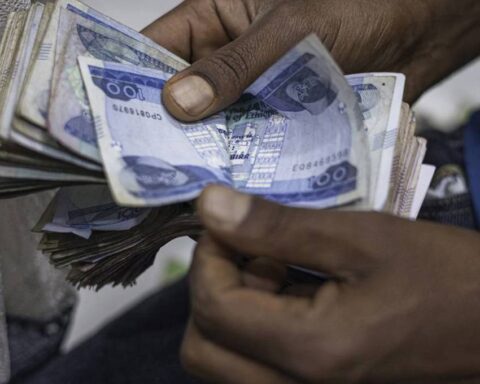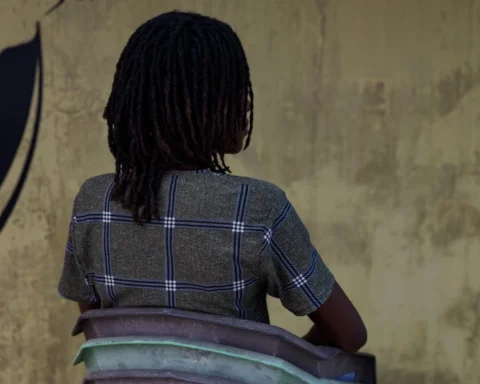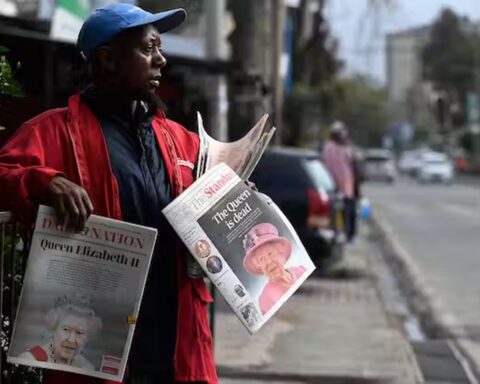In March, a Nigerian music miracle happened. Finesse by producer and beat maker Pheelz became the most shazamed piece of music globally, dominating local radio in Nigeria and streaming charts, in a matter of days. How? It went viral on TikTok when he posted a video snippet of himself in the studio dancing to it.
Pheelz had planned it out. In a conversation he shared on Instagram, he said to an associate, “Trying to see if I can push the video I posted small on TikTok…I think it can cause some damage there”. And so it did. The snippet sparked the #FolakeChallenge, a dance and comedy trend with that attracted tens of millions of views. Pheelz later collaborated with the musician BNXN to turn the musical snippet into a full single.
Pheelz is part of a trend of Nigerian artists finding career breakthroughs through TikTok. Traditionally, in Nigeria and elsewhere, musicians have had to build popularity slowly – by growing a fanbase, signing to a label, extensive marketing, and wooing radio presenters – before achieving a popular hit. TikTok has provided a way to skip straight to virality.
The most famous example of such a breakthrough is CKay’s “Love Nwantiti”. First released in 2019, the song went viral nearly two years later on TikTok after it was sampled by DJ Yo and Axel. This created a domino effect where it was then sampled by users in several countries. The song entered global charts in eight countries, went platinum in the US and recently debuted at number one on the newly minted Billboard Afrobeats US chart. 1da Banton’s “No Wahala” similarly went viral on TikTok, and later charted in ten countries, after it was used as a soundtrack to over 190,000 videos on the app. And Kizz Daniel’s latest release “Buga” is currently the second most shazamed song globally.
Could this new focus on TikTok stifle the creativity of Nigerian artists desperate to shine? As with all technological developments, the app’s popularity presents a creative challenge – and unprecedented opportunity – for musicians to work out how to appeal to the app’s 1 billion monthly active users.
“Form, if anything, teaches discipline and artists have always adapted to the form the zeitgeist dictates,” says poet and music critic, Dami Ajayi. “The highlife greats cut songs around the 3 minutes mark…If TikTok dictates a form, my hope is that the musicians wrap their heads around it and master it”.
For 1da Banton, making music with Tiktok’s viral potential in mind will push musicians to produce better songs particularly in terms of keeping their lyrics and sounds simple.
“Most people at this time try to target the TikTok space whilst recording and it’s really not a bad strategy,” he says. “It can even go a long way to improve artists’ music-making abilities. It doesn’t take anything from any artist but rather adds.”
Ajayi suggests this new form is also helping democratise the music industry by cutting out the middle-men. “It seems to be the time of TikTok and a teeming young generation are dictating their own tastes,” he adds. – African Arguments
Ahmad Adedimeji Amobi is a Nigerian creative writer and freelance journalist. A reader at Fractured Literary, his work appears in The New Arab, Sahelien, Popula, Voyage YA Journal, Hobart Pulp, Tasteful Rude, Brittle Paper, International Journalism Network and elsewhere.









